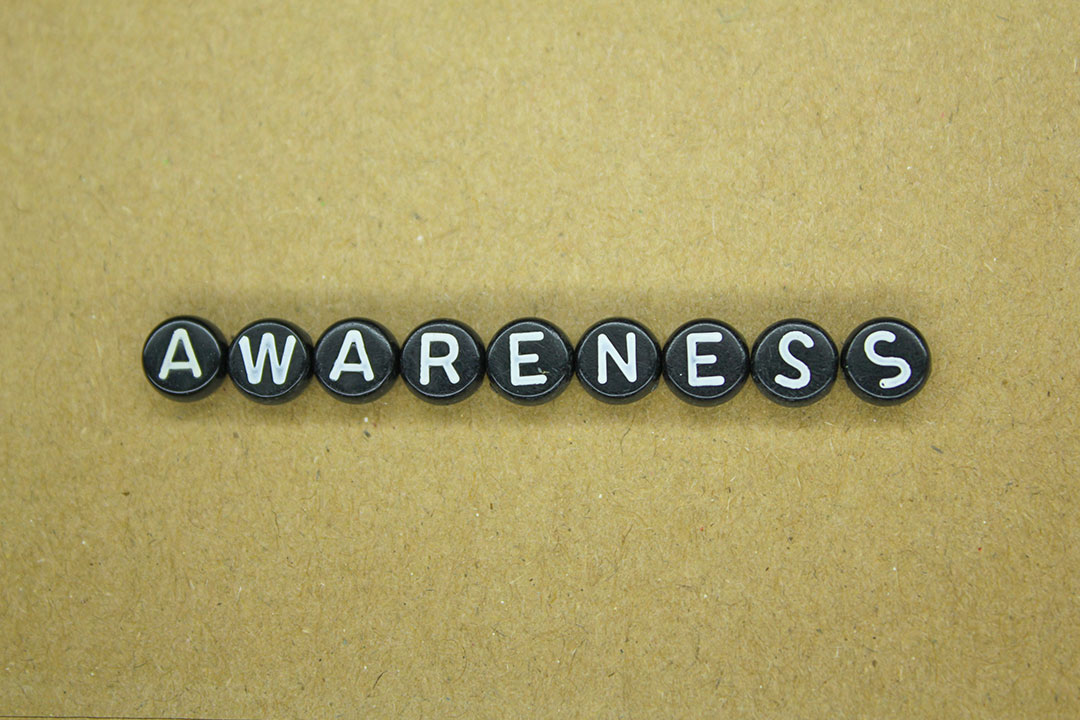Mindfulness & Relaxation

How does mindfulness therapy work?
Treatment of Diseases and Addressing of Issues
- nxiety
- Immune disorder
- Chronic disease
- Fatigue
- Phobias and fears
- Focus
- Insomnia
- Pain management
- Anger management
- Flexibility and functionality of the mind
- Concentration
- Depression
- Bipolar disorder
- Emotional regulation
elevated blood pressure
autoimmune diseases - Inflammatory bowel disease (IBD) (IBD)
- Rheumatoid bowel syndrome (IBS)
- Life advantages
- Mood Swings
How it works
Please feel free to explore our website, Islington Therapy House, and take your time reviewing our extensive therapist directories. When you’re in the process of selecting a potential therapist, we encourage you to thoroughly examine their training and experience to gain a better understanding of their therapeutic approach. You’re welcome to ask them about their preferred therapy methods and the availability of consultation services. Head to our dedicated Therapists page to access information about therapist availability and profiles.
How ıt works
Let's plan your therapy
1
You can contact the therapist directly. Before scheduling an initial consultation, you are invited to contact any of our therapists by phone or email for an informal discussion.
2
You can use our help me find a therapist form to contact us directly.
We'll locate you two to three therapists.
